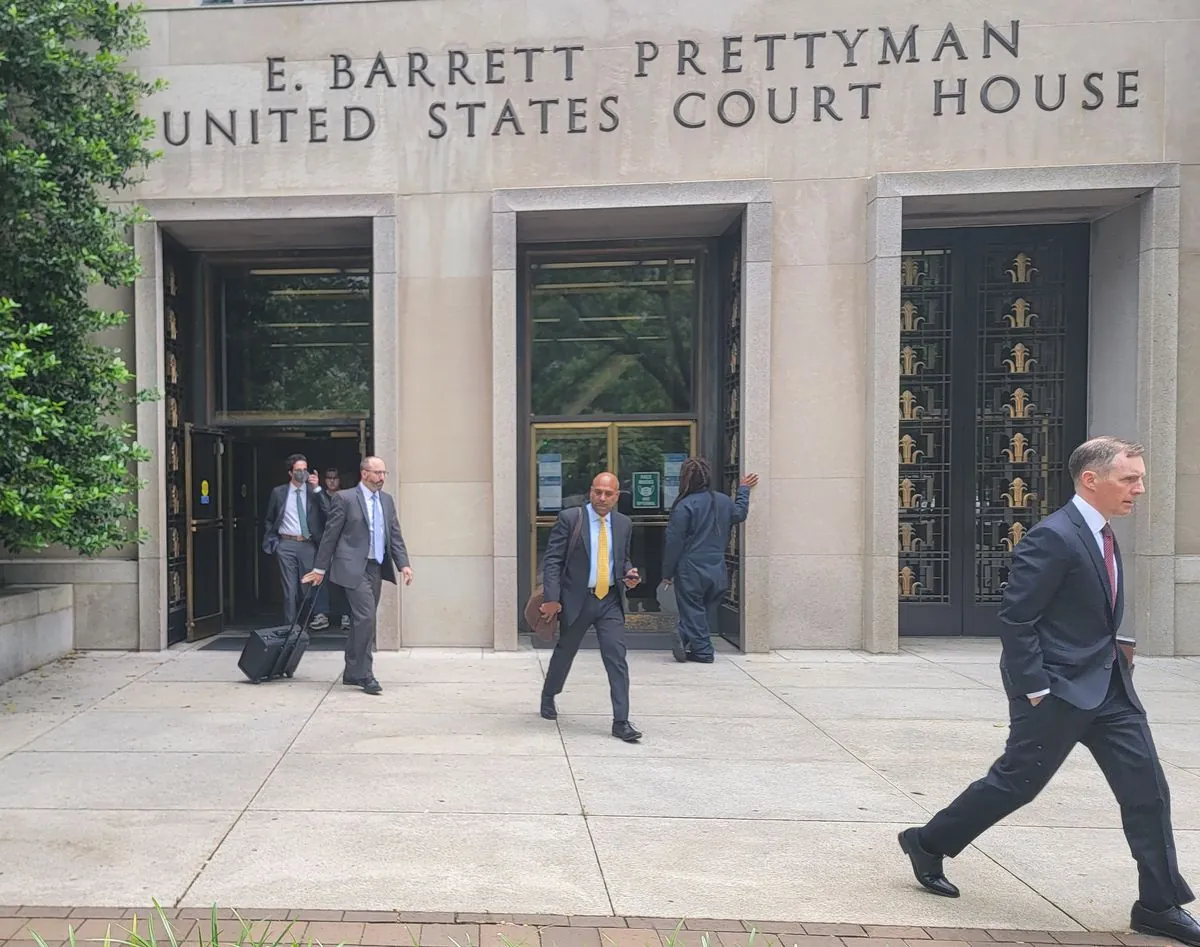Jack Smith, the special counsel appointed in 2022, has submitted a sealed legal brief to the court, defending a revised indictment against former President Donald Trump. This development comes approximately two months after a significant Supreme Court ruling on presidential immunity.
The brief, filed on 2024-09-26, is reported to contain sensitive and previously undisclosed evidence related to allegations of Trump's involvement in attempts to overturn the 2020 election results. This election, held four years ago, is a cornerstone of the American democratic process, occurring every four years as mandated by the U.S. Constitution.
Prosecutors aim to present a "detailed factual proffer" to U.S. District Judge Tanya Chutkan, including grand jury testimony excerpts. Grand juries, composed of citizens who evaluate evidence for potential criminal trials, play a crucial role in the American justice system.
The case has been restructured following a Supreme Court opinion issued in July 2024. This ruling, made by the nine justices appointed for life, stated that former presidents have presumptive immunity for official acts but not for private actions. This decision has significant implications for the interpretation of executive privilege, which protects certain communications within the executive branch.
Judge Chutkan now faces the task of determining which allegations in the indictment qualify as official acts (and thus immune from prosecution) and which are private. This decision-making process intersects with various constitutional provisions, including the 25th Amendment, which addresses presidential succession and disability.
The revised indictment focuses on Trump's alleged pressure on then-Vice President Mike Pence to refuse certifying the electoral votes on January 6th, the date specified for this process following a presidential election. The Electoral College system, modified by the Twelfth Amendment, is central to the U.S. presidential election process, rather than the popular vote.
Trump's legal team has strongly objected to the filing, arguing it's unnecessary and could lead to the release of unfavorable information close to the upcoming November 2024 election. This situation highlights the delicate balance between legal proceedings and political considerations, reminiscent of the restrictions imposed by the Hatch Act on certain political activities of federal employees.
The case also touches on the Presidential Records Act, which governs the official records of Presidents and Vice Presidents, and the role of the National Archives and Records Administration in preserving these crucial historical documents.
As the legal proceedings unfold, they continue to test the boundaries of presidential power and accountability, echoing past constitutional crises and the mechanisms, such as impeachment, that the Founders put in place to address them.
"The Court does not need 180 pages of 'great assistance' from the Special Counsel's Office to develop the record necessary to address President Trump's Presidential immunity defense."
This case, intertwining elements of constitutional law, electoral processes, and the limits of executive power, will likely have far-reaching implications for future presidencies and the interpretation of the Twenty-second Amendment, which limits presidents to two terms in office.
